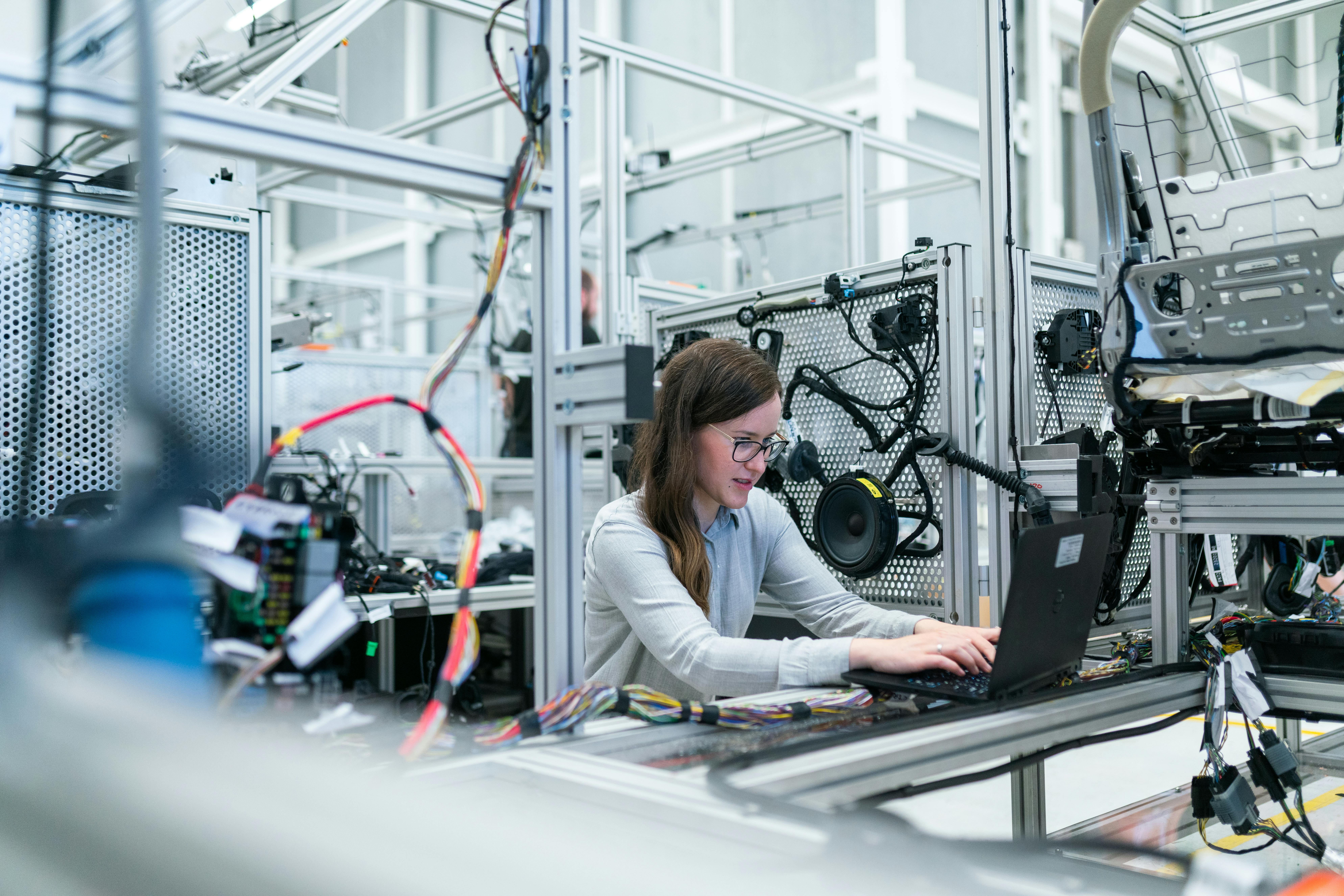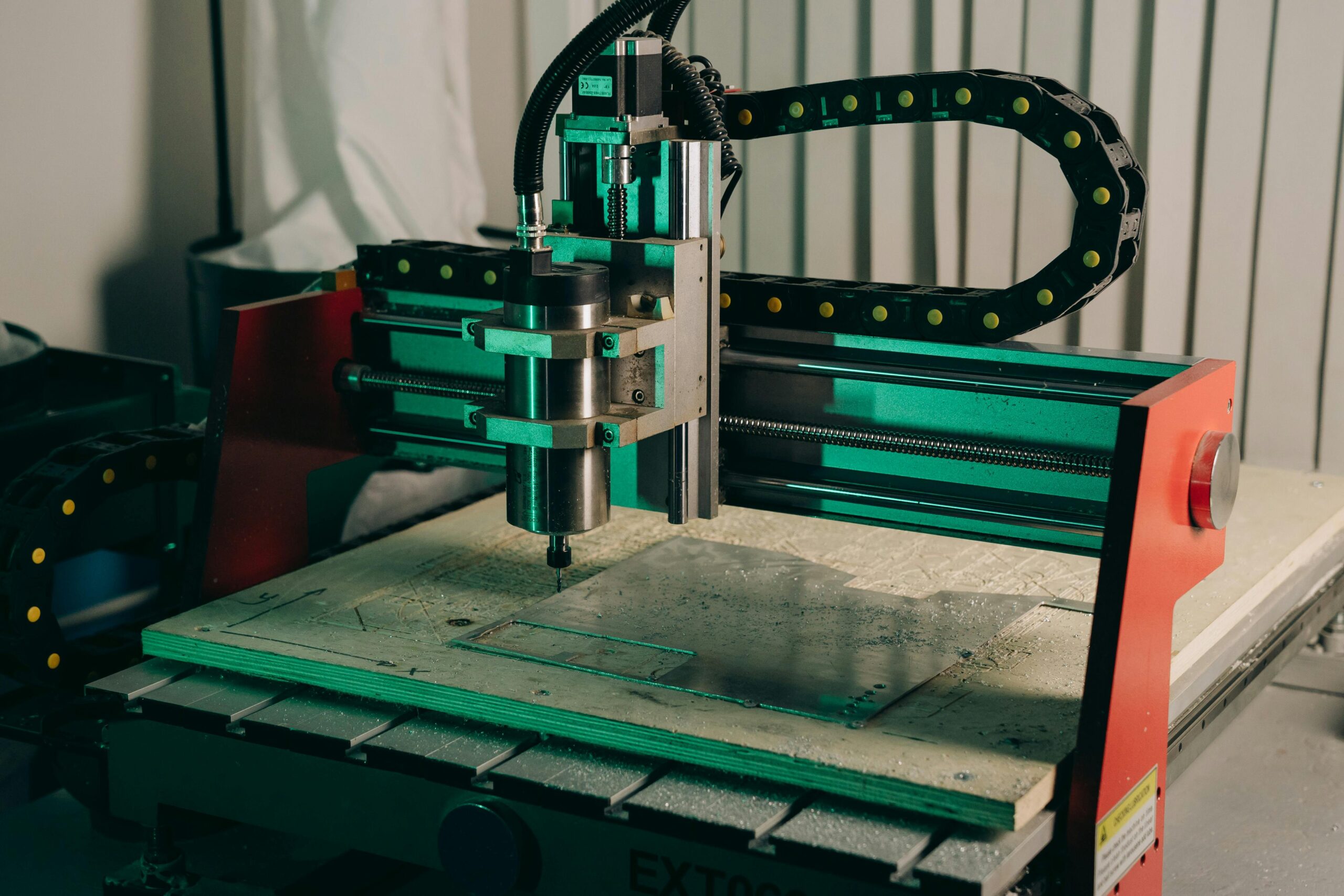Priority 1: Cooperating for a smarter central Europe
Central Europe is a key economic area in the EU with a robust industrial core. Long-lasting cooperation on trade, as well as on investment and industry issues have resulted in strong functional ties across the programme area. To remain competitive, territories have to manage the transition to a more digitalised, greener and more resilient economy. Crucially, they have to achieve this in a socially inclusive and just way.
SO 1.1: Strengthening innovation capacities in central Europe
Why we fund this
Strong innovation capacities bear enormous relevance for central Europe considering its strong industrial base and the importance of sectors such as agriculture and food, or tourism. Innovation is also central for strengthening central Europe’s economic resilience.
Capacities for innovation need to be fostered especially in regions that are struggling with the transition to a more globalised, digitalised and green economy. Knowledge and technology transfer, especially for SMEs, is a critical need.
Potential fields to be addressed by project proposals
→ Green economy, bio-economy
→ Cultural and creative industries and tourism
→ Silver economy
→ Technology and innovation transfer to SMEs
→ Innovative schemes for financing innovation
→ Industry 4.0, robotisation, mechatronics, digital technologies, key enabling technologies
→ Innovation in health (care)
→ Social innovation
→ Interregional partnerships along value chains
SO 1.2: Strengthening skills for smart specialisation, industrial transition and entrepreneurship in central Europe
Why we fund this
The strong industrial base of central Europe and its dependence on adequate skills underlines the strategic relevance of this specific objective. Small and medium enterprises (SME) are the main providers of employment in central Europe and it is important to foster locally available human skills, especially for the transition to Industry 4.0, digitalisation and a green economy.
Capacities need to be improved for an efficient entrepreneurial discovery process as well as for the preparation or updating of smart specialisation strategies. The place-based development of skills is also crucial for reducing urban-rural disparities. Overall, there is the need for a just transition process that is socially responsible.
Potential fields to be addressed by project proposals
→ Skills for sectors of relevance for smart specialisation, e.g. industry 4.0, digitalisation, green economy, bio-economy, silver economy, health and life sciences, cultural and creative industries, sustainable tourism)
→ Matching skills to labour market needs of regions in industrial and digital transition
→ Capacity-building and institutional learning for smart specialisation
→ Competences for innovation management in smes and entrepreneurship, including social entrepreneurship
→ Counteracting regional (urban-rural) disparities of human capital and brain-drain
Funded projects
We are currently funding 100 transnational cooperation projects with a total budget of nearly 175 million EUR from the European Regional Development Fund (ERDF). 27 of these projects are cooperating to make central Europe smarter.
These projects address a wide range of topics. Below, you will find an overview of the topics, highlighting projects’ contributions to tackling key challenges across the region.
Strengthening Innovation Capacities

Health (care) innovation, silver economy

Social innovation

Technology and innovation transfer

Green economy and Bio-economy

Industry 4.0, robotisation, mechatronics, digital technologies

Innovative schemes for financing innovation

Interregional partnerships along value chains

Cultural and creative industries, tourism
Developing Smart Skills

Matching skills to labour market needs of regions in industrial and digital transition

Capacity-building and institutional learning for S3

Competences for innovation management in SMEs and entrepreneurship

Counteracting regional disparities of human capital and brain drain
